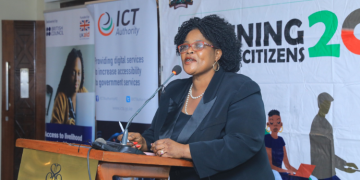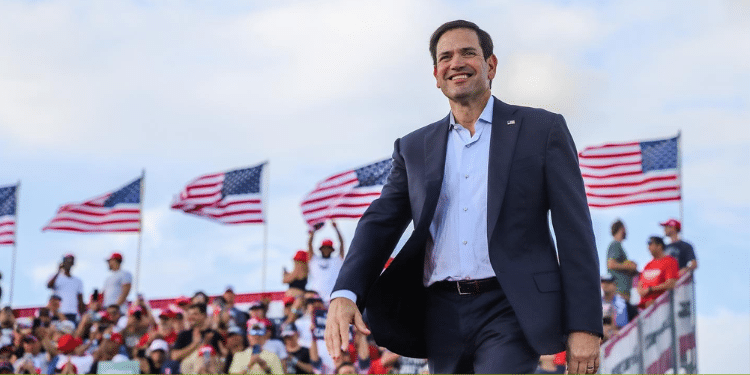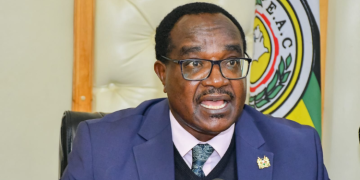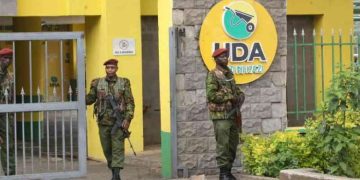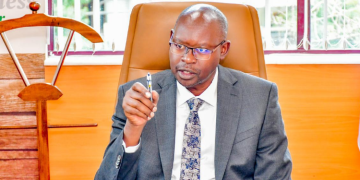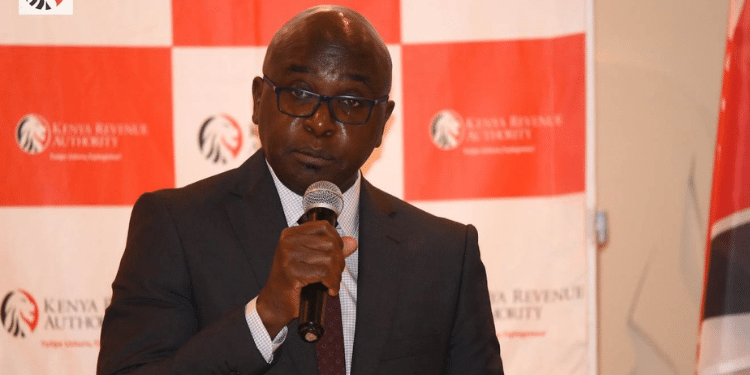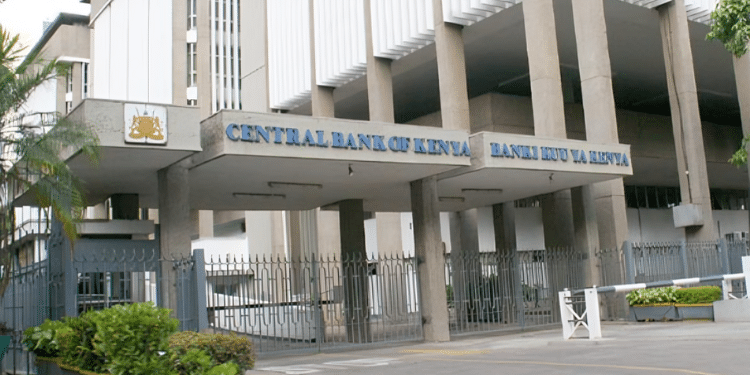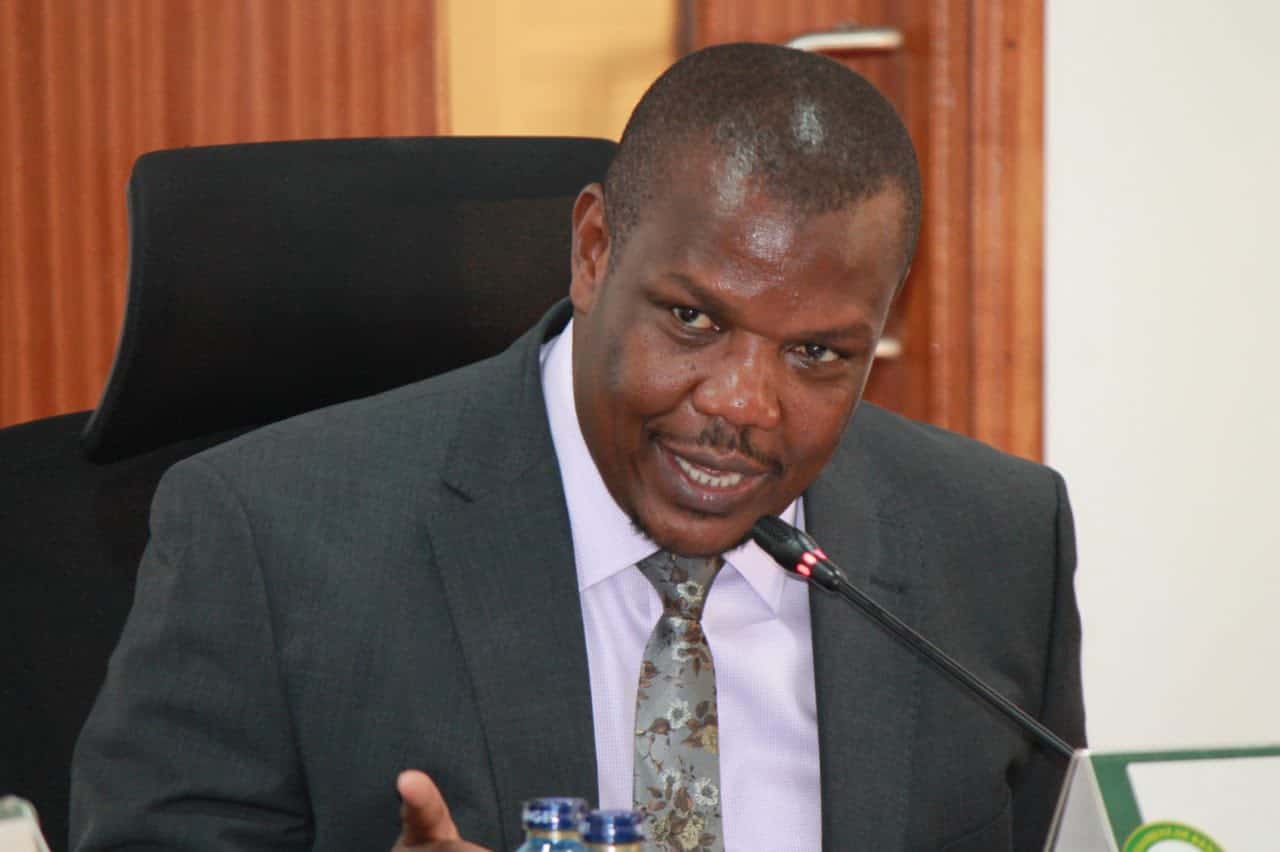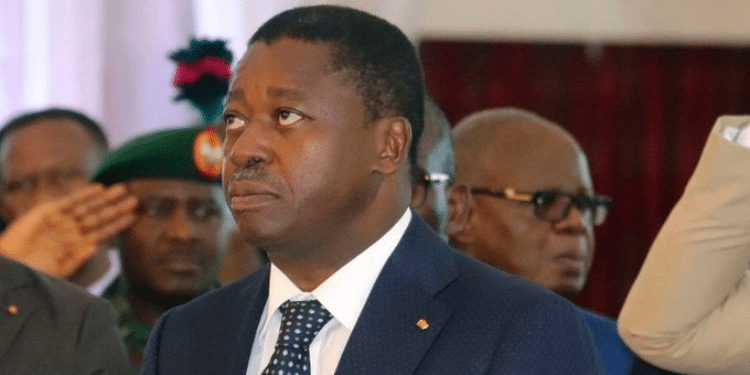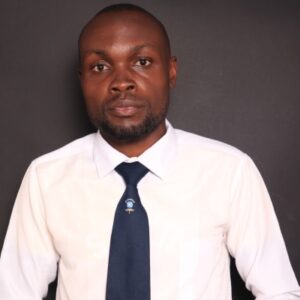Togo’s President Faure Gnassingbe has signed a new constitution that eliminates presidential elections, paving way for his family’s continued dominance.
The move, announced late Monday by the president’s office, has sparked outrage among opposition groups and civil society organizations who fear it will solidify the Gnassingbe dynasty’s grip on power.
Under the newly enacted constitution, presidential elections are abolished, and instead, the president will be chosen by Parliament.
This development follows the recent announcement by the election commission confirming the ruling party’s majority in parliament, which has raised suspicions of manipulation and further consolidation of power.
The lead-up to these changes has been marked by a crackdown on dissent and media freedoms.

Govt Ban Protests, Election Observers
Ahead of the vote, the government banned protests against the proposed constitution and detained opposition leaders.
Additionally, the electoral commission barred the Catholic Church from deploying election observers, while the media regulator suspended accreditation for foreign journalists.
Although the new constitution introduces some reforms, such as extending presidential terms from five to six years and imposing a single-term limit, it includes a provision that exempts President Faure Gnassingbe’s nearly two-decade-long tenure from term limits.
Critics argue that this loophole effectively enables Gnassingbe to remain in power beyond his current mandate, which expires in 2025.
New Constitution Seeks to Reinforce Family Dominance
Togo has been under the rule of the Gnassingbe family for 57 years, beginning with Eyadema Gnassingbe and continuing with his son, Faure Gnassingbe.
Faure assumed office following elections that were widely criticized as fraudulent, perpetuating the family’s hold on power.
Also Read: ODM Postpones Elections; Here is Why
Moreover, the new constitution introduces a position akin to a prime minister, who will be appointed by the ruling party.
This move has raised concerns among critics, who fear it could serve as another mechanism for Gnassingbe to extend his influence and control over the government.
In response to these developments, a coalition of approximately 20 civil society organizations in Togo called for protests aimed at reinstating the previous constitution and preserving democratic norms.
David Dosseh, a spokesperson for these groups while speaking during an interview with Associated Press (AP) stressed the importance of the 2025 election in enabling the people to choose a new president and achieve a genuine democratic transition in Togo.
“We will never accept this new constitution, even after its promulgation,” Dosseh declared, pointing out the determination of opposition forces to resist what they perceive as an erosion of democratic principles.
Also Read: UDA Announces Repeat Elections in Select Counties
The situation in Togo has attracted international attention, with several countries and organizations expressing concern over the erosion of democratic institutions and the consolidation of power within the Gnassingbe regime.
Calls for dialogue and respect for democratic principles have intensified, urging the Togolese government to reconsider its actions and engage in meaningful reforms that uphold the rule of law and ensure political inclusivity.
Do you want to be part of an updated community without the interruptions of unwanted messages? Click the link below and join our WhatsApp Channel!
https://whatsapp.com/channel/0029VaB3k54HltYFiQ1f2i2C



